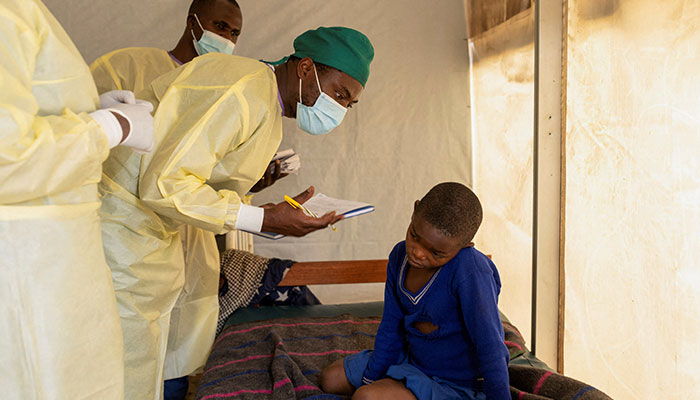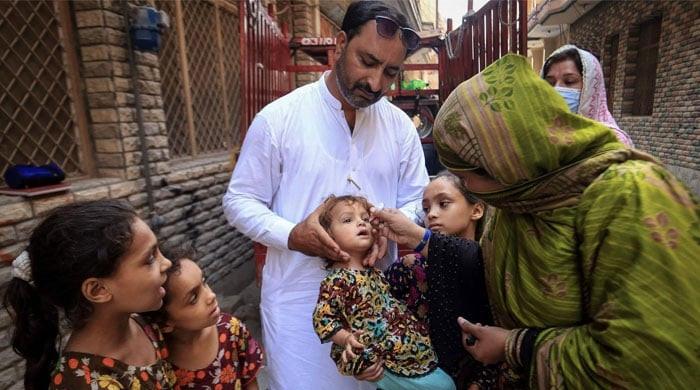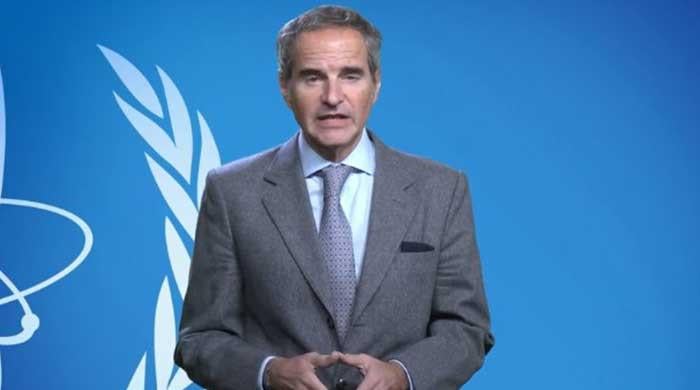WHO declares mpox a global public health emergency for second time in two years
UN organisation's decision comes following outbreak of viral infection in DR Congo, it's neighbouring countries
August 14, 2024

The World Health Organisation (WHO) on Wednesday declared mpox a global public health emergency for the second time in two years, following an outbreak of the viral infection in the Democratic Republic of Congo that has spread to neighbouring countries.
Mpox can spread through close contact. Usually mild, it is fatal in rare cases. It causes flu-like symptoms and pus-filled lesions on the body.
Earlier, the United Nations' organistaion held a meeting of experts to decide whether the mpox surge in Africa should be declared a global public health emergency.
The gathering of 16 international figures came after the African Union's health watchdog declared its own public health emergency over the growing outbreak.
Mpox has swept through the Democratic Republic of Congo, where the virus formerly called monkeypox was first discovered in humans in 1970, and spread to other countries.
WHO chief Tedros Adhanom Ghebreyesus said that more than 14,000 cases and 524 deaths reported so far this year in DR Congo has already exceeded last year's total.
"The emergence last year and rapid spread of clade 1b in DRC, which appears to be spreading mainly through sexual networks, and its detection in countries neighbouring DRC is especially concerning, and one of the main reasons for my decision to convene this emergency committee," he said in opening the meeting.
"In the past month, about 90 cases of clade 1b have been reported in four countries neighbouring the DRC that have not reported mpox before: Burundi, Kenya, Rwanda and Uganda."
"But we are not dealing with one outbreak of one clade: we are dealing with several outbreaks of different clades in different countries with different modes of transmission and different levels of risk," Tedros said.
In May 2022, mpox infections surged worldwide with WHO declaring a public health emergency which lasted from July 2022 to May 2023. The outbreak, which has now largely subsided, caused some 140 deaths out of around 90,000 cases.
The clade 1b subclade, which has been surging in the DRC since September 2023, causes more severe disease than clade 2b, with a higher fatality rate.
Two vaccines for mpox are recommended by WHO immunisation experts.










